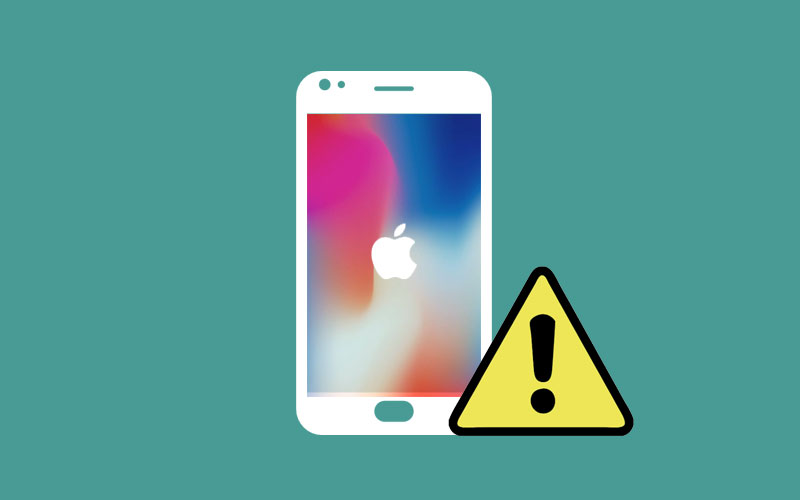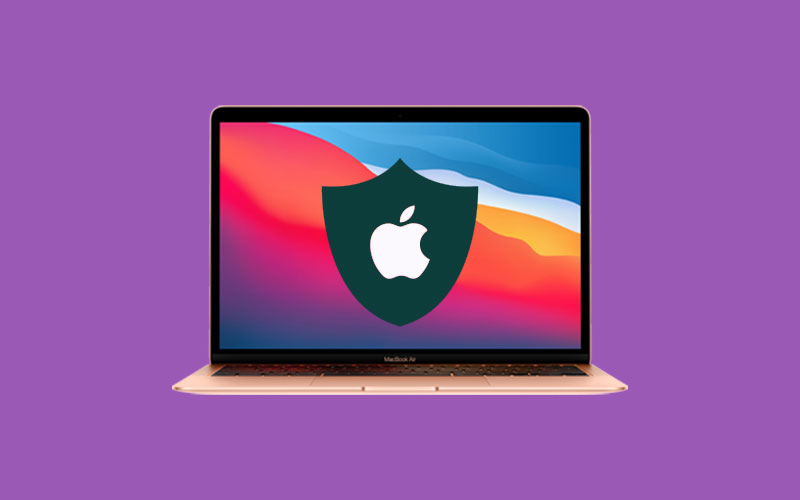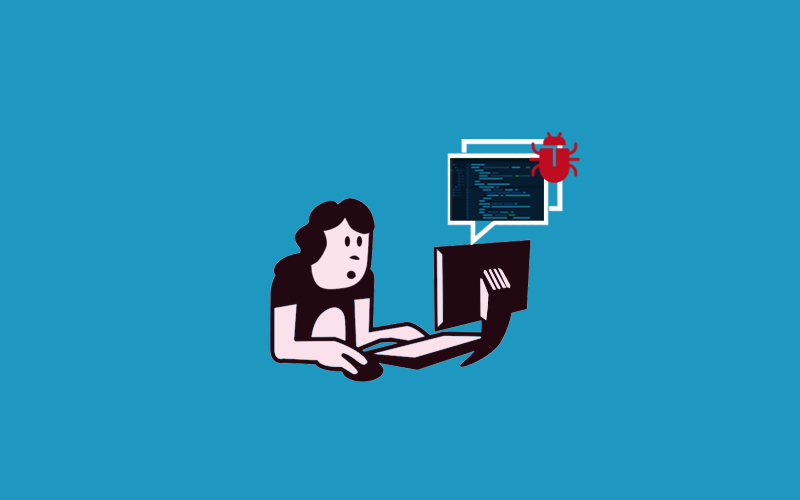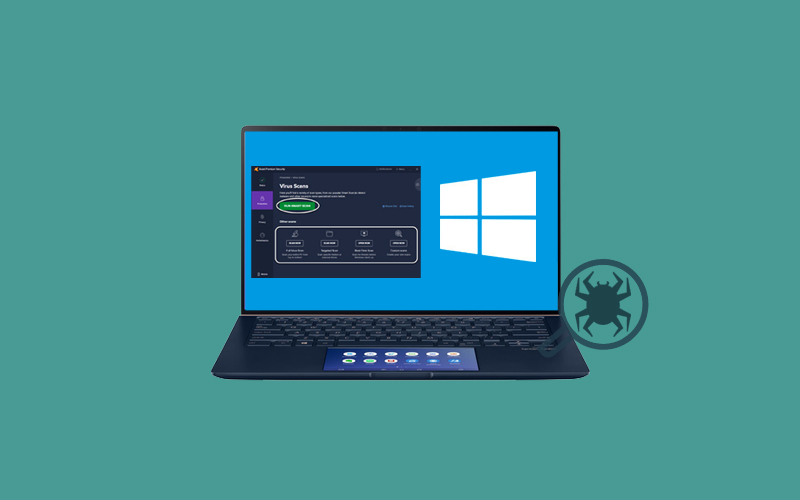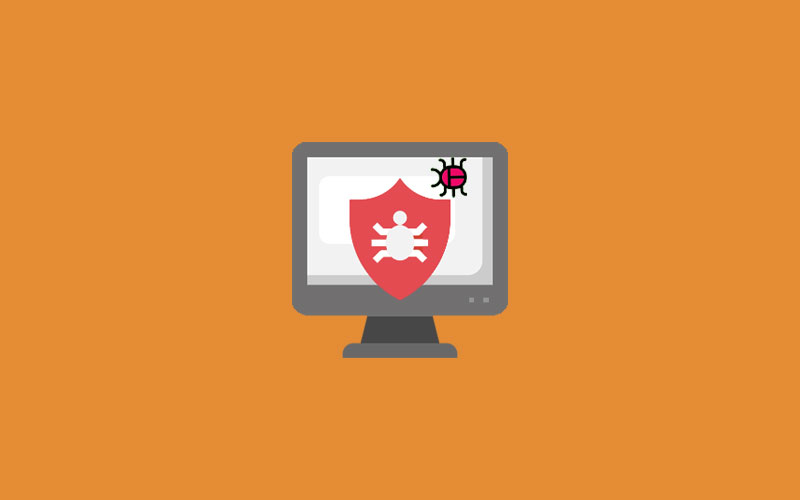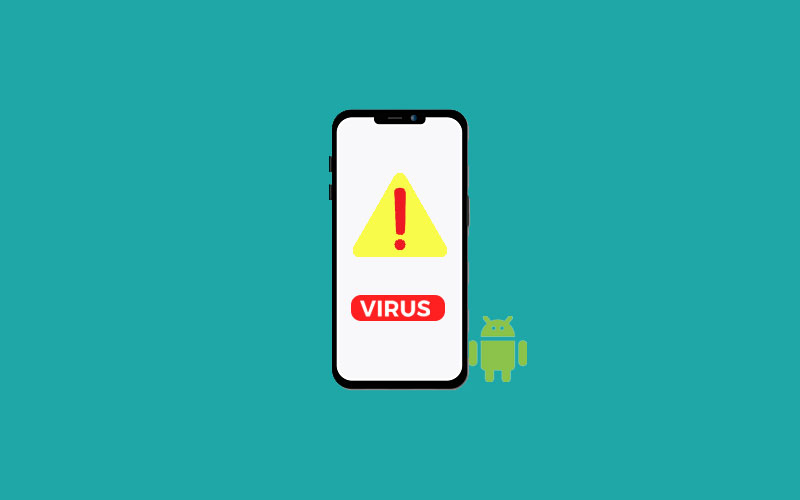How to Stop Pop-Ups and Spam Messages
Pop-ups and spam messages are designed to grab the audience’s attention and force them to click. Pop-ups ads can be generally used for selling and sometimes hackers utilize them for hacking or scamming purposes. If you have email, odds are you are familiar with spam. These annoying ads come in many forms. Click to close the window or learn more. Quite harmless, isn't it? Don't be fooled. While many pop-ups and spam messages from reputable companies are safe, adware programs that generate illegal pop-ups are capable of installing spyware to hijack your browser and capture your personal information.
If you’re receiving pop-ups and spam messages continuously, you may have been infected with malware. Spam, or junk email, is cost-shifted advertising. It takes a toll on internet users' time, resources, and Internet Service Provider resources (ISP). If your inbox is full of messages from people or companies you don't recognize, your computer may be infected with malware. In order to disseminate their dangerous programs, spyware criminals are increasingly using e-mail and instant messaging. Every day, 85 billion spam email messages are sent.
Pop-ups can be legitimate and illegal both. Legitimate pop-ups ads appear frequently on the Web. They don’t harm people and they help websites generate revenue. If you don’t wish to see these pop-ups, you can adjust your browser to prevent pop-up windows from appearing. On the other hand, hackers send illegal pop-ups to affect users.
Chase bank has given an excellent example of a dangerous malware program that uses pop-ups to steal information. The bank cites a computer virus that opens a pop-up on a page a bank customer is viewing. Because the pop-up has the word “chase” in its title, people may assume that the bank displayed the pop-up. Chase warns, however, that this is a fake pop-up asking people to enter confidential information. While this pop-up is not an ad, fraudsters can infect computers with viruses that display pop-up ads identical to the Chase pop-up.
How Popups and Spam Messages Spread
Pop-ups messages with malware can arrive from many sources and a variety of forms. Pop-up ads can appear in many different ways including, floating pop-ups that glide across your screen, mouse-over ads triggered by cursoring over an item on a web page, or mass attack ads that deliver eight or more pop-ups at once. As we said above, it’s not important always to be afraid of all pop-ups ads. Pop-up ads can be positive and negative both, but it’s important you should not click on any pop-ups ads, because cybercriminals sends pop-ups ads in the name of a big and trustworthy brand like Amazon.
You can receive spam messages with malware for many sources and in a variety of forms. It can be sent as an attachment to spam email, embedded in a seemingly harmless file, or hidden in a link within the body of a message. Remember that spam emails and instant messages laced with malware often try to mislead you so that you click on an attached file or on a link within the email, which then initiates the download. However, sometimes simply opening the messages itself starts the download process.
How to Stop Pop-Ups
If you’re receiving pop-ups ads continuously and want to stop unwanted pop-ups, here are few things you should follow to prevent further spyware infection and avoid pop-ups:
- First of all, avoid clicking on pop-ups, even to close them. Instead, close pop-ups from the system tray area with a right mouse click.
- Update your operating system regularly.
- Increase your browser’s security settings.
- Don’t visit any suspicious websites
- Keep checking your computer for malware using an antivirus scanner
How to Prevent Spam Messages
Phishing or spam messages are mostly spread via email or text messages. So, you just have to be careful with your email and text messages. Here are few things to prevent spam messages.
- If you receive suspicious email messages, make sure you do not open email or text messages from unknown senders.
- Note the sender and block them right away.
- If you find the messages spam, immediately delete spam message.
- Avoid getting rich quick offers, porn or too-good-t-be-true messages.
- Make sure you do not “unsubscribe” from spam email as this just validates your email address.
Secure your online security with Waredot
Make sure you have the best security software product installed on your computer:
We recommend you use Waredot Total Protection to improve your online security. To stop pop-ups and prevent spam messages damaging your computer or data, make sure your computer should be clean first. An unprotected computer is like an open door for pop-ups infected with spyware. For more robust protection, use Waredot Total Protection that keeps your computer away from most malware issues including, viruses, worms, spyware, Trojans, ransomware and etc.
Waredot Total Protection keeps you safe by blocking all the suspicious aspects in order to protect your data. With this antivirus software, you will get the most productive and implied firewall for protection against viruses and spyware, monitoring the network traffic, and safeguarding your privacy.
Make sure to choose the best antivirus software to improve your online security for all online threat
Final Touch
Hey guys! This was the guide about “how to stop pop-ups and spam messages.” If you’re online, then you’re aware of pop-ups and spam messages, these are the most common way to spread malware to cause damage. Follow the security measures you can to secure your online world and use Waredot Total protection to improve your online security. Hope this guide would help you to secure yourself from illegal pop-ups and to prevent spam messages.



